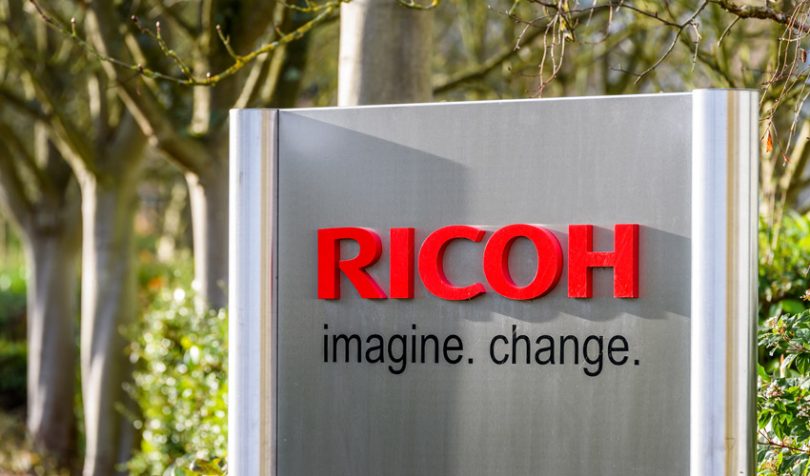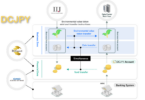Japanese firm Ricoh has announced that it is developing a platform that uses blockchain to make renewable energy systems more efficient by tracking power generation and consumption in real time. The firm primarily produces electronic products, including cameras and office supplies such as printers and photocopiers and has been trading since 1936.
The 2011 nuclear disaster at Fukushima resulted in Japan heavily depending upon fossil fuels. The country’s energy self-sufficiency dropped to just 9.6% by 2019, as most nuclear power plants were shut down. Hence the demand for renewable energy and systems to make its use easier and more efficient.
This power transaction management system is part of Ricoh’s commitment to the widespread sustainability push, through which it hopes to reduce its greenhouse gas emissions by 63% by 2030. It has also pledged to go carbon neutral by 2050, a promise reinforced by its membership of the RE100.
Ricoh’s platform will monitor renewable energy levels at every stage of the supply chain from generation to consumption. It will then immutably record this information on a consortium blockchain visible to a limited number of organizations.
By making this information available to energy companies, it will allow them to manage electricity supplies better. It particularly hopes to deal with the over/undersupply of energy dependent on weather conditions.
The company also believes that if successful, the blockchain platform could eventually replace renewable energy certificates (RECs) or at least massively reduce their cost by providing accurate information that cannot be tampered with.
A demonstration test of the software is already being undertaken using some of Ricoh’s own properties for both generation and consumptions, the results of which will be used to improve the platform.
Unsurprisingly, numerous other firms have adopted blockchain as a tool for reaching renewable energy targets in Japan.
Last year, Australian firm Power Ledger launched its second peer-to-peer energy trial in the country’s Kanto region. Shortly after, the company extended its renewable energy certificates trial with KEPCO.
Earlier in 2019 meanwhile, Kyocera launched a trial to run a virtual power plant using LO3 Energy’s blockchain technology.






